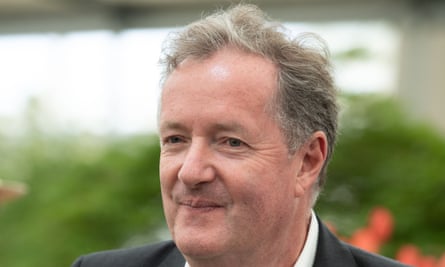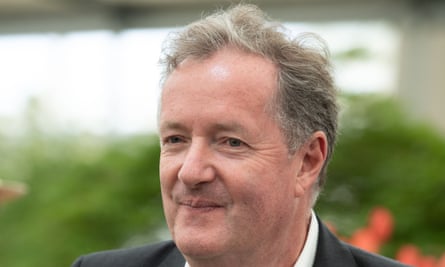The phone-hacking trial against Mirror Group Newspapers (MGN) at the high court has come to an end after two months, with Prince Harry and the other claimants awaiting a verdict. This is what we have learned.
For Harry, the case was personal
The prince made clear that his case – the first of three phone-hacking claims he is bringing against British newspaper groups – is personal. He suggested the reputation of the UK is on the line due to the state of the British media and positioned himself as possibly the only person able to stand up to the tabloids: “If they’re supposedly policing society, who on earth is policing them, when even the government is scared of alienating them because position is power?”
British tabloids were centres of excess in the 2000s
Dan Evans, a former Sunday Mirror journalist who gave evidence, claimed the paper did “dodgy stuff on basically every story” with staff operating in a culture of heavy drinking and drug taking. Millions of pounds were spent on private investigators and hundreds of celebrities had their phones hacked every week. The court heard allegations that editors of national newspapers, such as the former Sunday Mirror boss Tina Weaver, were personally involved.
Piers Morgan did not give evidence – but was constantly accused of overseeing phone hacking in court
Morgan has always denied knowingly commissioning phone hacking while editor of the Daily Mirror between 1996 and 2004, although he openly spoke about how to illegally access an individual’s voicemails.
Morgan, now a presenter on Rupert Murdoch’s TalkTV, was not called to give evidence at the trial but he was mentioned so often that he felt ever-present. He was accused of knowing his journalists were hacking phones and also authorising the hacking of Alastair Campbell’s bank account.
The judge, Mr Justice Fancourt, noted Morgan did not give evidence but “had a lot to say about this matter outside of court”. At the end of the trial he suggested he could rule on whether Morgan did or did not know of illegal behaviour.

Richard Wallace, the former editor of the Daily Mirror, was accused and is now Morgan’s boss at TalkTV. Gary Jones, the editor of the Daily Express, was alleged to have been involved in a deal to buy Prince Michael of Kent’s bank records. Lee Harpin, the political editor of the Jewish Chronicle, was accused of being a phone hacker who blackmailed the company’s board – something he denies.
The phone-hacking cases are increasingly about the activities of private investigators employed by newspapers
Ever since the phone-hacking scandal broke in 2006, when it was revealed that Prince Harry and Prince William had their voicemails accessed by the News of the World, there has been a steady stream of payouts to celebrities and members of the public who were illegally targeted by the press. The early focus on straightforward voicemail interception has grown into a wider appraisal of how tabloids obtained information by paying off-the-books private investigators to blag medical records or obtain personal financial details.
Today’s journalists are paying for the sins of their predecessors
Very few of the executives and journalists who worked for MGN during the 2000s are still at the company – but the total bill for phone-hacking cases is still climbing towards £150m. The parent company, Reach, now facing a very different economic environment, continues to make redundancies and battle its own staff over pay rises, setting aside tens of millions of pounds to fight continuing legal cases.
The tactics of the phone-hacking lawyers are under increasing scrutiny
Some of the witnesses in the case have close links to the press reform campaign group Hacked Off and the legal teams bringing the claims against the Mirror. Andrew Green KC, the Mirror’s barrister, accused them of engaging in “rocket-propelled lawyer-driven litigation”, pushing cases for political reasons. He suggested the likes of Graham Johnson – a former tabloid journalist and ex-phone hacker who helped gather some of the key evidence for the trial – should not be given credibility as a witness by the court.
Harry is not the only person awaiting a verdict
Although Prince Harry’s involvement in the trial dominated the headlines, he was just one of four test cases within a much wider trial of issues relating to phone hacking and illegal behaviour. MGN is now asking the judge to bring the phone-hacking cases to a close, arguing the deadline has passed to file new claims. But if the judge refuses and Harry is successful, it could alert many more people to the possibility of filing a claim.
Join the exciting world of cryptocurrency trading with ByBit! As a new trader, you can benefit from a $10 bonus and up to $1,000 in rewards when you register using our referral link. With ByBit’s user-friendly platform and advanced trading tools, you can take advantage of cryptocurrency volatility and potentially make significant profits. Don’t miss this opportunity – sign up now and start trading!







Recent Comments